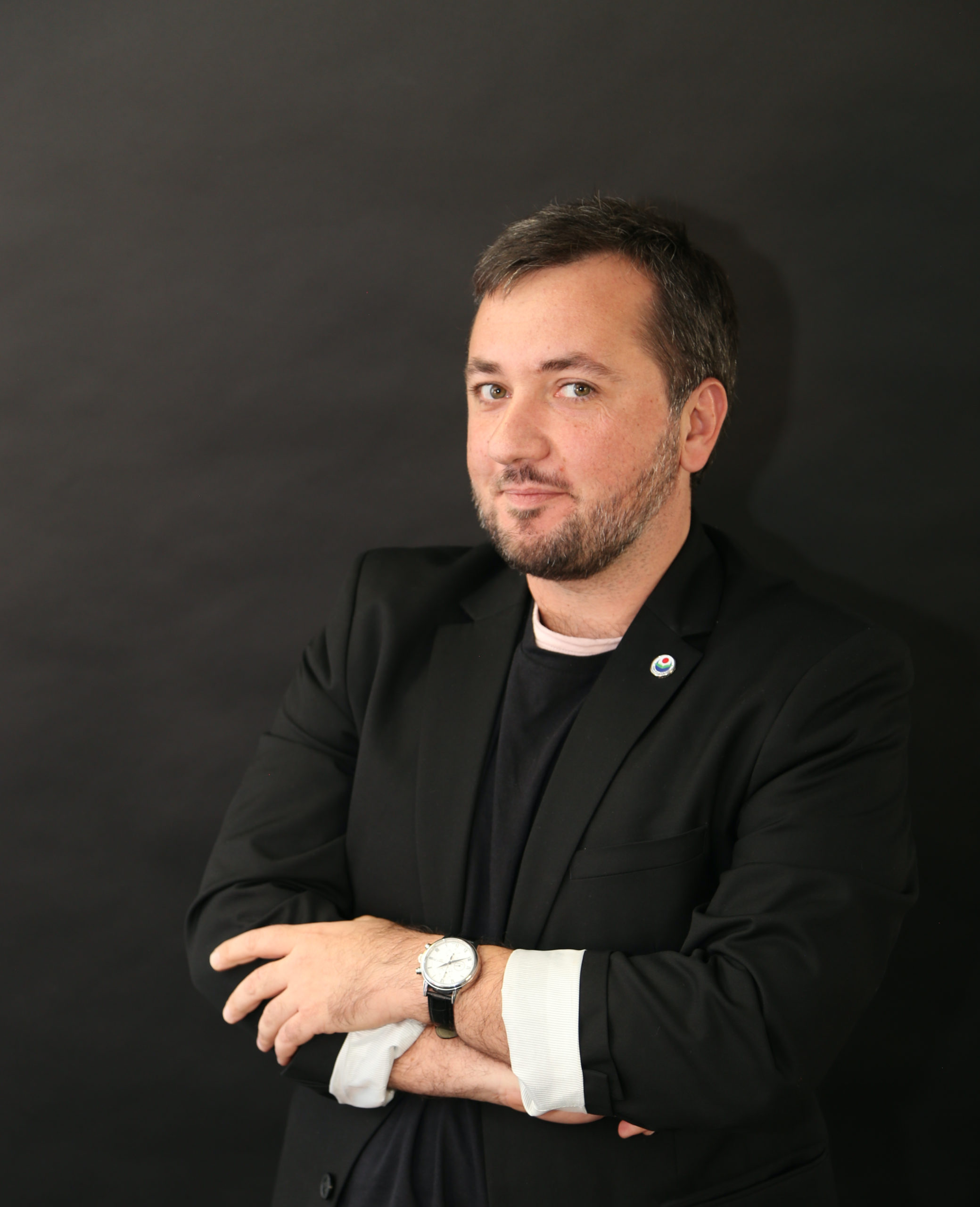A LIFELINE FOR YOUNG ROMA IN THE TIME OF CORONAVIRUS
A toy library in Bosnia and Herzegovina offers vulnerable children the chance to play and learn even in the middle of a pandemic.
08/04/2021
Five-year-old Denis* sees himself as a doctor and wants to become one when he grows up. Every day, Denis draws people in medical outfits and plays at healing other children whom he refers to as his patients. All of this creativity would go unnoticed if it wasn’t for the innovative toy library created at the Romalen Roma support centre in Denis’ town of Kakanj in central Bosnia and Herzegovina. The library’s high-quality educational toys and story books have made it a success in the community, with up to 84 children attending the library, most of them from the Roma community.
The Roma are one of Europe’s largest and most disadvantaged minority groups. Discrimination against Roma communities is commonplace, fuelling their exclusion. The problems facing Roma children can start early in life and have a life-long impact. Few participate in early childhood education and only 50% complete compulsory education. This is why supporting early childhood development is vitally important to try to break the cycle.
“The toy library is where the magic of education happens. Children play and create their own universe, and, at the same time, they discover the world.”
The EU-supported initiative is run by the Roma Education Fund (REF). Since 2017, REF has established 64 toy libraries in 13 countries across Central and Eastern Europe, including the Western Balkans where thousands of children have been involved.
“We are committed to creating such spaces for Roma children, dedicated to their learning and play,” says Ioan Tănase, REF’s Project Manager. “The toy library is where the magic of education happens. Children play and create their own universe and, at the same time, they discover the world. It’s playing and education at the same time – it’s magical.”
Staying connected while maintaining distance
Like so many other activities around the world, the activities at the Kakanj toy library were halted by the coronavirus pandemic in 2020. The centre was closed in early spring but the concept lived on mainly thanks to two crucial factors. Firstly, the children continued to be able to borrow toys, puzzles and books. Secondly, the toy library concept had encouraged the engagement of the whole community, especially in building relationships between children, family and library staff. Parents knew that the library offered a solution to the pandemic’s sudden interruption of their children’s education.

“Toy libraries offer something for parents who are not able to afford to send their child to kindergarten.”
“Toy libraries offer something for parents who are not able to afford to send their child to kindergarten, and that is a daily chance to spend time somewhere where the children have the opportunity to develop their skills and greatly increase the degree of inclusion,” says Tănase.
The Romalen Roma support centre had to come up with quick solutions for their children. They set up an online educational programme using video communication apps where children could connect. There were no guarantees that this system would work, never mind be successful, but the results have been outstanding. Inspired by the progress made pre-pandemic, and a determination to maintain the links forged between the centre and the families and children, the number of participants remained similar to pre-COVID-19 times.
As for little Denis, he adapted quickly to the new format of communication imposed by the pandemic, and in no time he became the unchallenged leader of his digital community. He is even more steadfast now in his commitment to become a physician offering medical aid to his community and everyone in need.
*The child’s name has been changed to protect his identity.
About the project
The “EU Regional Action for Roma Education: Increased Education Opportunities for Roma Students and Youth in Western Balkans and Turkey” (RARE) project is co-funded by the IPA II Annual Multi-Country Action Programme 2017 and the Roma Education Fund, which also implements the project.
Photo credits: Roma Education Fund (REF)